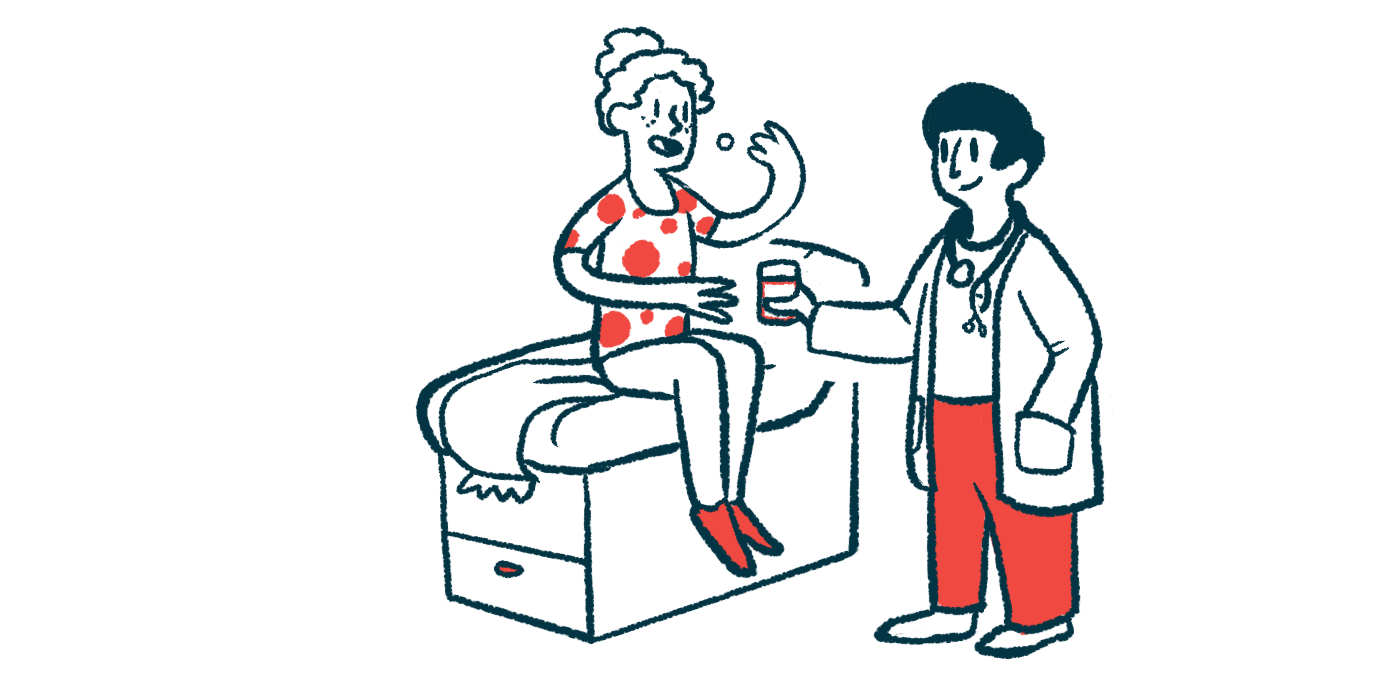Life with aHUS: Patients report chronic health issues
Patients endure 'persistent symptoms' even with treatment, study finds
Written by |

People with atypical hemolytic uremic syndrome (aHUS) who completed self-assessments for a study scored lower on measures of physical and cognitive functioning than the general population.
Patients reported higher levels of fatigue, anxiety, depression, and sleep disturbances, with “chronically impaired global health status,” the researchers wrote in what they called the “first study of [patient-reported outcomes] in patients with longstanding aHUS in the era of complement-directed therapies.”
The results show that “aHUS is a multisystem disease that may be associated with persistent symptoms even during periods of hematologic and renal quiescence,” they wrote.
The study, “The Patient Reported Outcomes Measurement Information System (PROMIS) perspective of adults with longstanding atypical hemolytic uremic syndrome,” was published in Research and Practice in Thrombosis and Haemostasis.
aHUS is caused by the abnormal activation of the complement cascade, a part of the immune system. That results in thrombotic microangiopathy (the formation of blood clots in small vessels), which can lead to red blood cell destruction, low levels of platelets to help blood clotting, and acute kidney failure.
Fatigue, headaches, drowsiness
While complement inhibitors may reduce the risk of death and progression to kidney failure, people with aHUS face chronic health challenges.
The team of U.S. researchers, along with collaborators at the aHUS Alliance Global Action, conducted a study to evaluate patient-reported health outcomes.
Fifty adults with aHUS with a median age of 43, mainly women and mainly white, completed the NIH Patient-Reported Outcomes Measurement Information System (PROMIS). This survey tool assesses seven health domains, including physical and cognitive functioning, mental health, and social participation.
The median time since aHUS diagnosis, according to patients, was 50 months, and was supported by genetic testing in most participants (88%). Most patients (98%) had been treated with Soliris (eculizumab) or Ultomiris (ravulizumab), with 30 switching from Soliris to Ultomiris. At the time of the survey, 82% were receiving complement inhibitors. Almost three-quarters (72%) required dialysis, a treatment to remove extra fluid and waste when kidneys fail.
When asked about their symptoms over the preceding four weeks, most patients reported fatigue (82%) and headaches (56%), followed by drowsiness, confusion, memory issues, digestive problems, and leg swelling. The most reported coexisting conditions included hypertension, or high blood pressure (74%), chronic kidney disease (60%), and depression or anxiety (56%).
Compared with the general population, people with aHUS had significantly lower scores for physical functioning and cognitive abilities, and higher values for depression, anxiety, fatigue, and sleep disturbance.
There were no differences regarding pain interference — or how pain affects daily life — ability to participate in social roles, and social isolation.
The results suggest “overall worse functioning in several domains,” among aHUS patients, the researchers said.
Participants who had experienced one or more relapses had lower scores for physical function (39.2 vs 46.4) and social participation (42.7 vs 49.3). Those who self-reported depression or anxiety also scored worse on all other measures. Patients who were on dialysis at the time of the survey had worse scores for physical functioning.
The researchers said the results “highlight the value of incorporating [patient-reported outcome] assessments in clinical trials of novel agents in aHUS and highlight areas of unmet need in clinical practice.”
“Further research is needed to identify modifiable factors contributing to poor functional outcomes including subclinical disease activity and comorbidities [co-existing disorders], treatment burdens, and effects,” they wrote.






